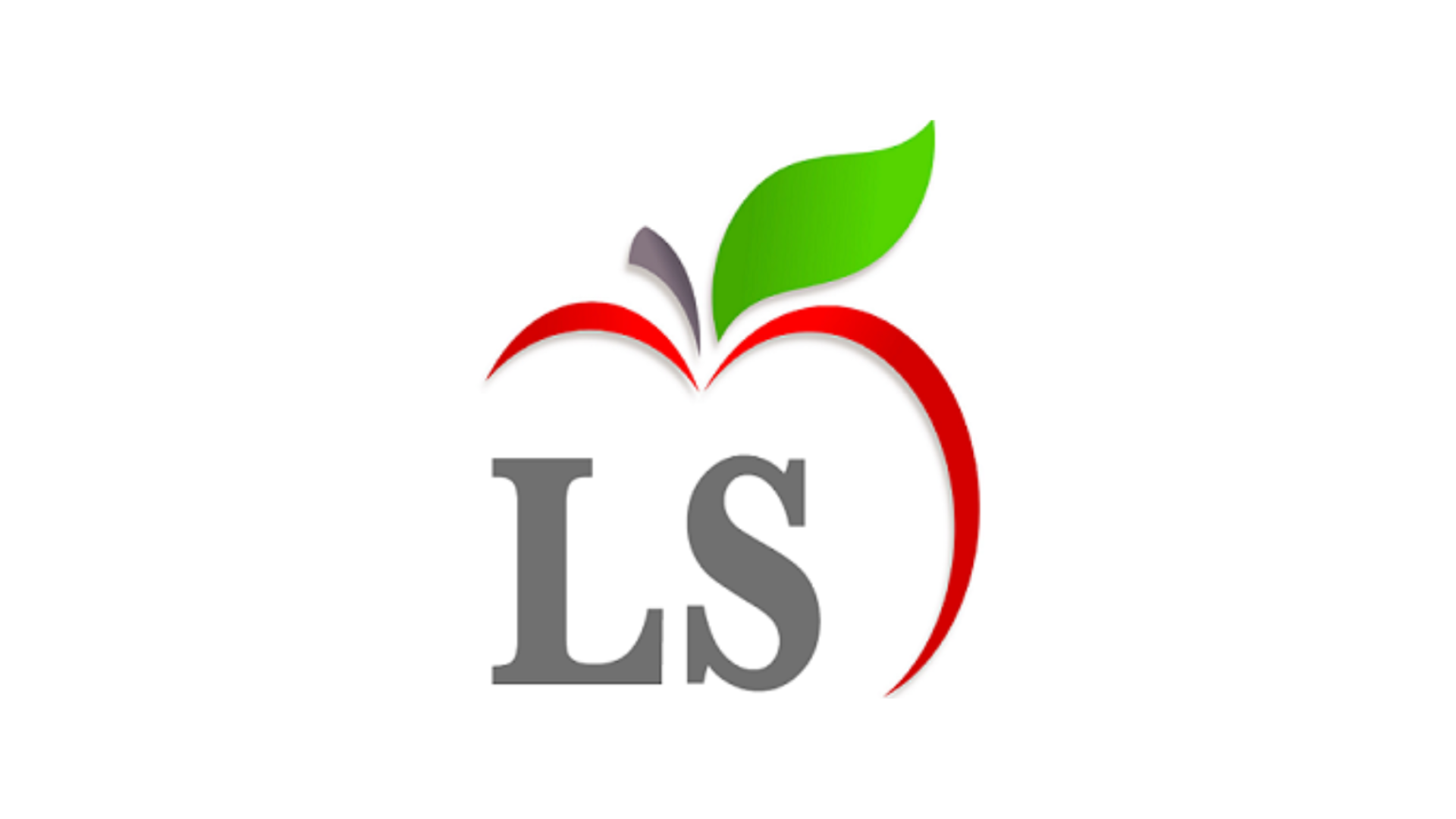This online course is an overall review of the competencies required for the Florida DOE reading endorsement. The purpose of this course is to demonstrate these competencies through the practical application of scientifically-based research approaches within the context of the learner’s own school setting(s).
Reading as an ongoing strategic process will be examined, with an emphasis on teacher modeling, guided practice, and a combination of reading, writing, listening, and speaking activities. Concepts related to learning theory, text factors/structures, and the building blocks for effective reading instruction will be explored through strategic instruction, with multiple opportunities for planning and practice. Under this umbrella, participants will review elements for designing, teaching, scaffolding, and differentiating reading lessons and activities effectively using applied strategies that build student capacity, including struggling learners, students with IEPs, students with dyslexia, and ESOLs. Strategies for determining and strengthening effective learning environments, programming, family engagement, and collaboration with paraprofessionals are also covered.
Story structure, graphic representation, reciprocal questioning, oral retelling, summarizing activities, writing strategies, vocabulary strategies, balanced literacy and critical literacy are just some of the approaches under study. Problem solving strategies geared toward building student reading stamina, coupled with ongoing formative assessment approaches, will serve as catalyst to instructional planning and decision-making. Participants will receive field-tested tools and resources for effective implementation with multiple opportunities for reflection, discussion, and classroom implementation throughout the course.

- Teacher: Shannon Arczynnski
- Teacher: Marie Hinkle
